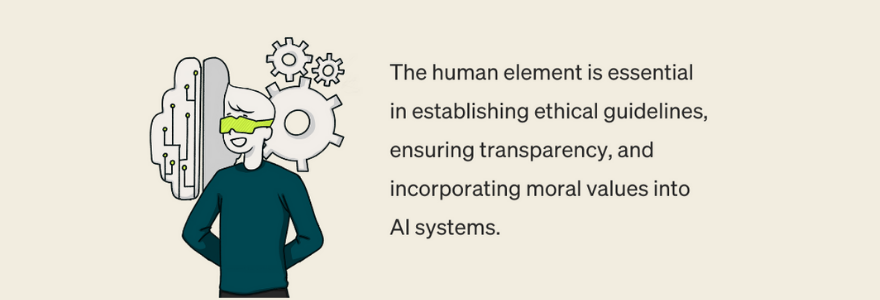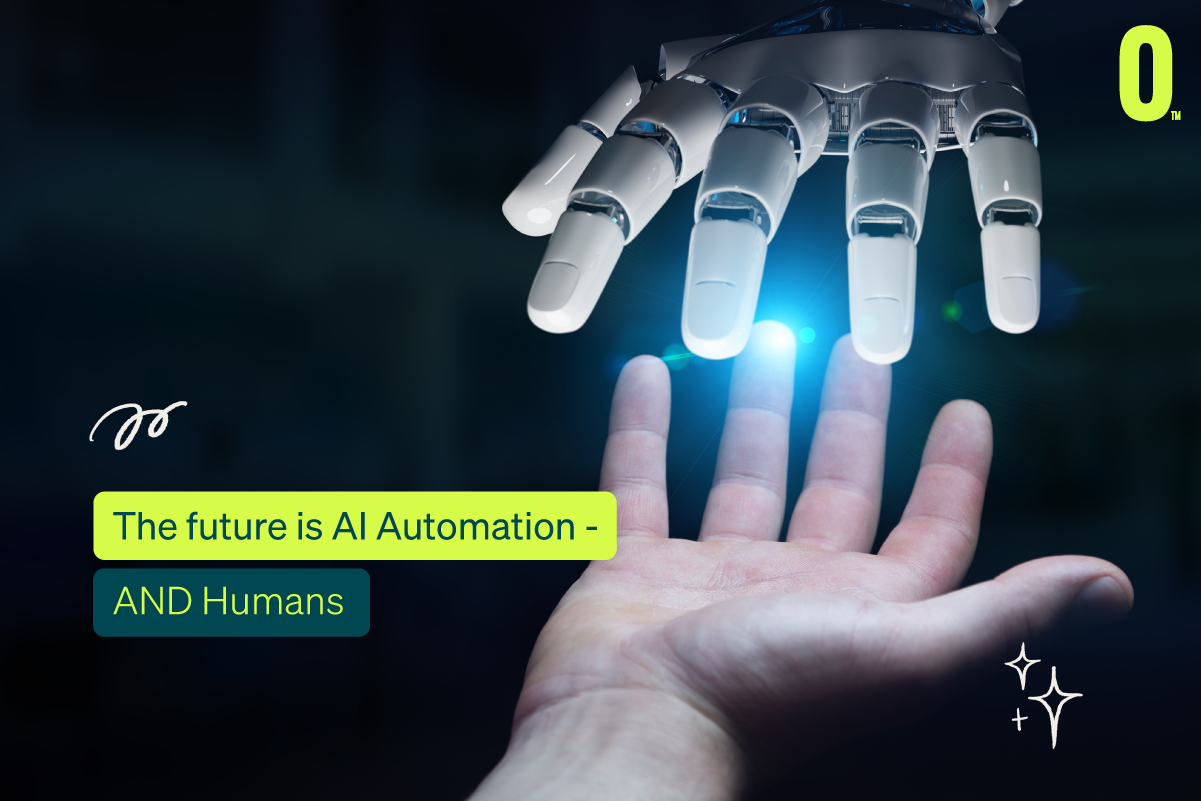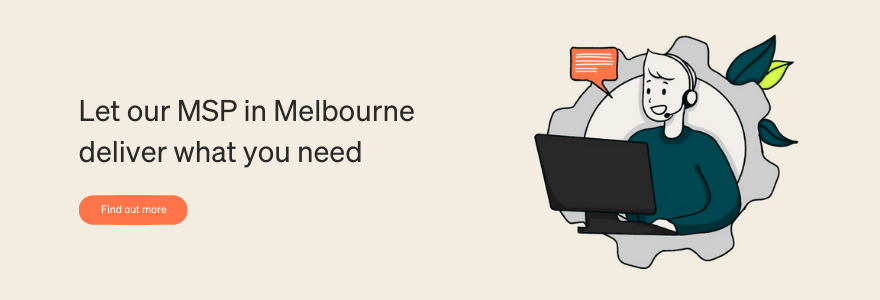With the rise of AI and automation, it is vital to recognise that humans play a central role in the success of digital transformation initiatives, as automation alone may not be sufficient. In this era of hyperautomation, harnessing the power of the human element can propel businesses ahead of the competition.
Businesses face numerous challenges in their processes, hindering growth and innovation objectives. Repetitive manual tasks consume time, leading to errors and demotivation among employees. Inefficient workflows with unstreamlined and unoptimised tasks cause bottlenecks and reduced productivity. Additionally, poor data management and analysis make it difficult to extract meaningful insights from vast amounts of data. Human errors in various processes can lead to costly mistakes and compliance issues.

To address these challenges, businesses must focus on scalability, growth, innovation, and agility. IT leaders are looking to upskill and reskill their workforce to leverage automation effectively. In a hybrid working world, fostering collaboration, communication, and superior customer experiences become essential goals.
Enter the concept of human-driven hyperautomation and AI, a powerful blend of human ingenuity and cutting-edge technology that enhances business outcomes. Technology acts as an enabler, freeing staff from mundane tasks and empowering them to drive sustainable change.
The rapid advancements in automation and artificial intelligence (AI) have been revolutionising industries and reshaping the way we work. From autonomous vehicles to smart algorithms managing complex tasks, technology’s rise has fuelled discussions about the future of the workforce and the role of humans in this increasingly automated world. While automation and AI undoubtedly bring numerous benefits, it is essential to recognise that the human element remains irreplaceable and crucial for the success of organisations and society as a whole.

1. Human creativity and problem-solving skills
One of the most distinct qualities of human beings is our ability to think critically, innovate, and solve complex problems. While automation excels at handling repetitive and routine tasks with speed and accuracy, it lacks the creativity and adaptability that humans possess. Creative thinking and problem-solving skills are invaluable in navigating uncertain and uncharted territories, devising innovative solutions, and envisioning the future of industries. Embracing the human element allows organisations to tap into this wellspring of creativity, fostering a culture of innovation and continuous improvement.
2. Emotional intelligence and empathy
AI may excel at data analysis and pattern recognition, but it cannot replicate the depth of human emotions and empathy. Emotional intelligence is crucial in understanding the needs and motivations of customers, employees, and other stakeholders, as well as the context of our work. In one popular AI vs. humans model, AI is asked to bring someone a coffee quickly. Because this instruction is its sole driver, the AI model does everything in its power to get the coffee to the person regardless of the environment, pretty much obliviating any obstacle in its path, from traffic to queues of customers. Not ideal.
Empathy enables individuals to connect with society around them on a deeper level, fostering trust and building meaningful relationships, preventing harm, and supporting autonomy. In customer service, healthcare, and many other fields, human empathy remains indispensable for delivering exceptional experiences and compassionate care.
3. Ethical Decision-Making
As AI systems become more powerful and autonomous, ethical considerations become increasingly vital. Humans are responsible for programming, designing, and overseeing these technologies. For example, reprogramming the above AI model to perhaps not John Wick everyone between it and a hot coffee.
The decisions made in this process have far-reaching consequences for society, privacy, and human rights. The human element is essential in establishing ethical guidelines, ensuring transparency, and incorporating moral values into AI systems. It is humans who can evaluate the impact of AI on diverse communities and determine whether it aligns with social values and norms.
4. Adaptability and continuous learning
Automation and AI technologies are constantly evolving, necessitating a workforce that can adapt and learn continuously. Human adaptability allows individuals to acquire new skills, embrace change, and remain agile in an ever-changing landscape.
This ability to learn and grow is vital in ensuring the workforce can leverage automation and AI effectively, rather than being replaced by it. Organisations must invest in upskilling and reskilling their employees to enable them to work alongside AI and contribute to the overall success of the organisation.
5. Human connection and customer experience
While AI-powered chatbots and virtual assistants have become increasingly sophisticated, they can never replicate the warmth and authenticity of human interactions. Customers still value the human touch, especially in complex or emotionally charged situations.
The human element brings empathy, understanding, and personalised attention that fosters trust and loyalty. Organisations that prioritise human connection alongside automation are more likely tosucceed in customer service, build lasting relationships and create loyal customer bases.
6. Maintaining human-centric focus
Amid the excitement surrounding automation and AI, it is crucial to retain a human-centric focus. Technology should serve humans, not the other way around. Embracing the human element ensures that organisations prioritise the well-being of their employees and customers. It prevents a narrow focus on efficiency and productivity at the expense of employee morale and customer satisfaction.
By placing humans at the centre of decision-making, organisations can strike a harmonious balance between technology and human values.
However, it is essential to remember that the human element remains fundamental to unlocking the full potential of these technologies. Human creativity, emotional intelligence, ethical decision-making, adaptability, human connection, and a human-centric focus are essential for harnessing the true power of automation and AI. By embracing the human element alongside technological advancements, organisations can create a future that maximises the benefits of automation while nurturing the unique qualities that make us human. Essentially, by freeing individuals from manual, inefficient work, businesses can unleash their potential for growth.
Putting humans at the heart of digitisation at Otto – Your ISO27001 certified MSP
To truly outrun the competition, Australian IT leaders must go beyond achieving “transformation success” alone. By fully embracing human-driven hyperautomation in digital transformation, businesses can expect exceptional results and performance gains.
At Otto IT, an ISO27001 certified MSP in Melbourne, we combine strategic thinking, process excellence through lean methodology, and cutting-edge intelligent automation technology to empower businesses and organisations to not just transform but to outsmart and outperform competitors.




